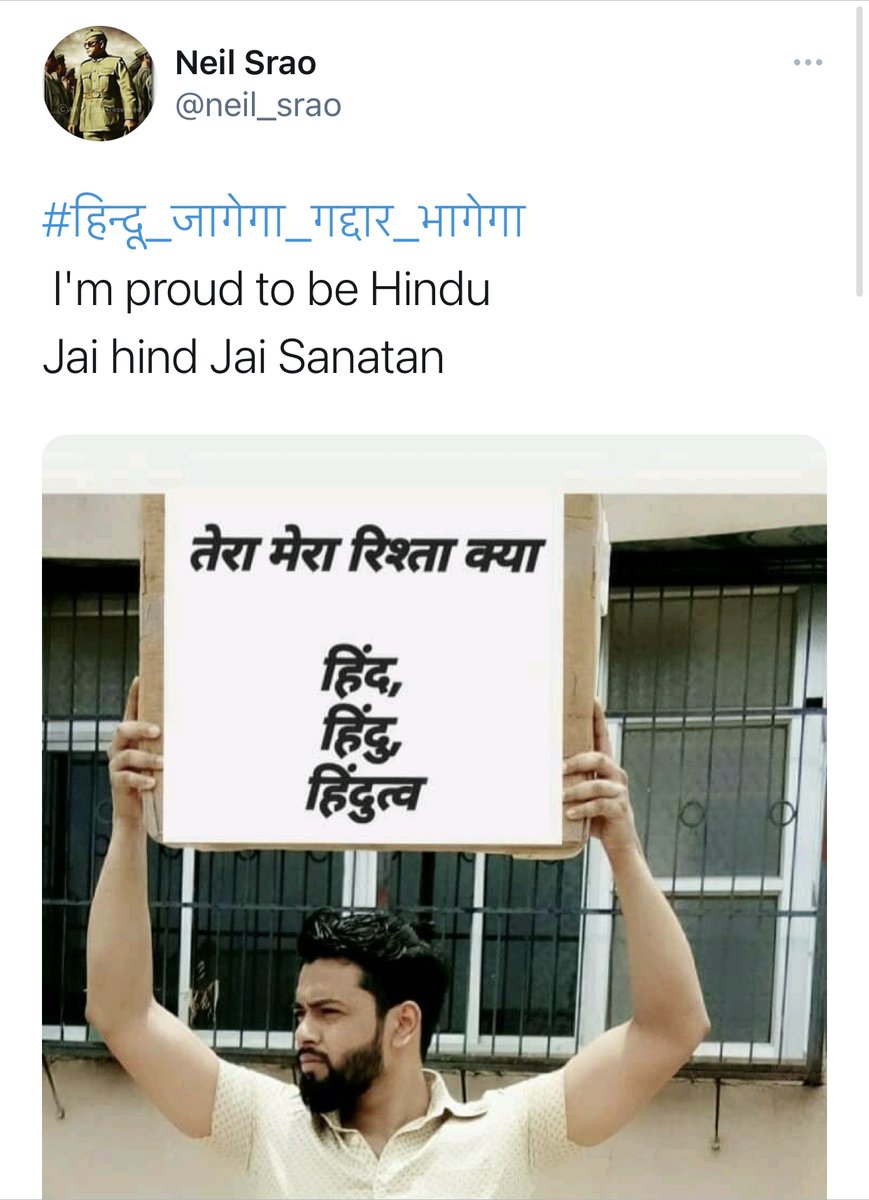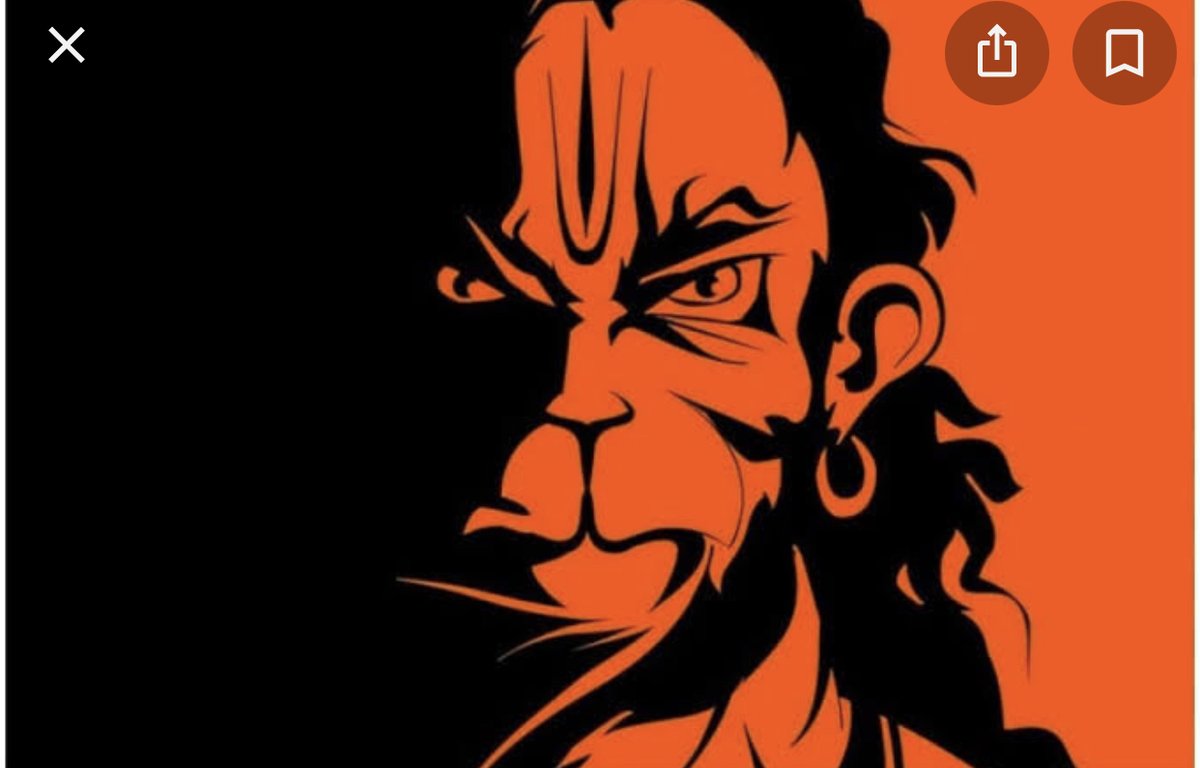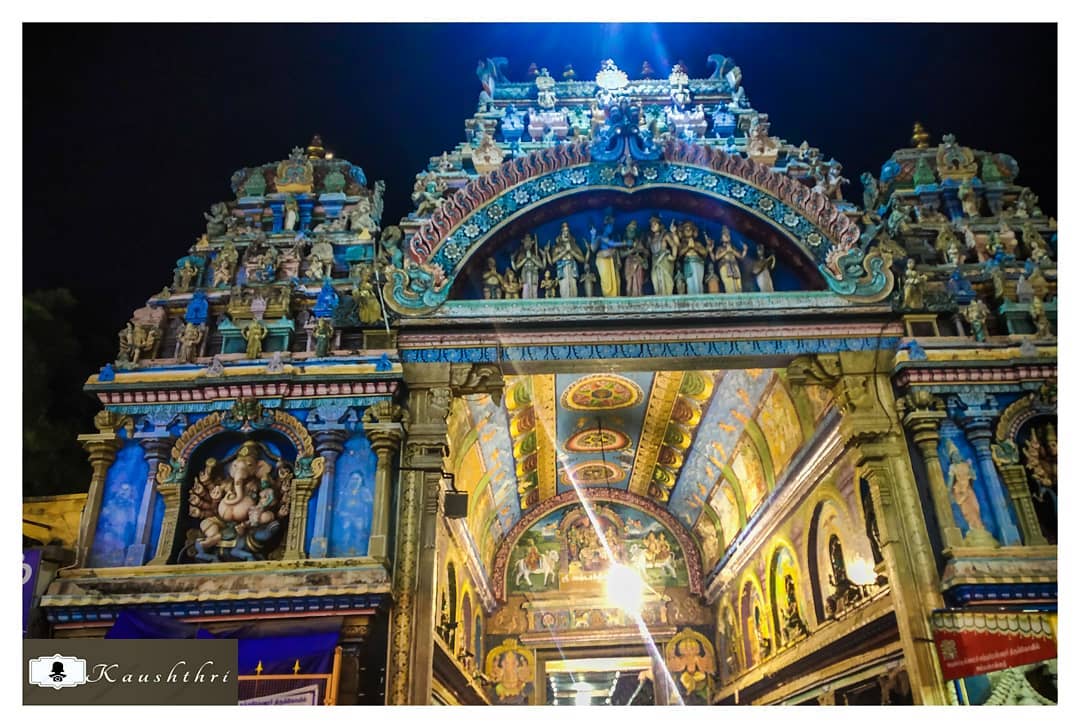Pathways to Public Policy Careers for those interested and looking for global opportunities
Public policy is made when a governing body attempts to address an issue of widespread public concern, such as health care. The process often runs in cycles and can take years.
What is the best advice for someone pursuing a career in public policy?
People often find their way to public policy careers because of an
Your ears should perk up when you hear the words “Center for,” “Institute,” “Association,” and “Foundation” because they represent potential employers.
Continuing education, such as a certification or fellowship, can also advance your career as someone interested in public policy and politics.
Many schools offer specialized programs in public policy that blend political science, sociology, and data analytics.
You can also publish articles.
You can work in the capacity of a:
Campaign Manager
Communications Coordinator
Policy research assistant/associate/fellow
Program manager
Government relations advocate
Community outreach manager
Assistant professor/lecturer
Community relations manager
Government relations manager
Program analyst
Program manager
Pollster
Political Consultant
Media Strategist
Policy Analyst
Legislative Aide
Chief of Staff
Intern/Volunteer
Public Policy Director
Market Research Analyst
Public Relations Specialist .
Colleges, Universities, and Professional Schools
You can work as professors at colleges and universities. You can also pursue administrative positions, using your analytical skills to bolster university operations & improve student retention.
Public policy professionals work for publicly funded committees, departments, & agencies that oversee specific logistical & political functions. Careers include chief administrative officer, urban planner, and community liaison.
Public policy analysts help these nonprofit organizations create effective community awareness campaigns. They also lobby lawmakers and government agencies for policy changes.
This can range from program analysis, program management and administration, legal analysis to public relations and communications and policy development for local, state, national, and international government agencies.
Researchers work for government agencies, nonprofits, and private businesses. They conduct studies to gauge public opinion about specific issues and use their findings to facilitate policy development and program implementation.
The fed Govt employs public policy analysts in civil service, military, and political appointments. Professionals who work for the government usually specialize in an area of public policy like housing, agriculture, economic development, or foreign affairs.
■Communication, particularly public speaking. Strong communication skills help those who enter a public policy career convey information clearly and persuasively, whether it be written, orally, or through multimedia.
■The ability to perform research to collect or analyze data, as well as synthesize information.
■Strategic decision-making and the ability to work independently on multiple tasks concurrently.
Advocacy organizations
Labour unions
Think tanks
Foreign Policy Association
NIRA's World Directory of Think Tanks: Directory of more than 500 think tanks from 100 different countries. (https://t.co/NNJG2fFIdc)
Foreign Policy Association (https://t.co/lkLb8TYb0B)
Hill Zoo (https://t.co/ijZFFj0dv8)
Public Policy Handbook (https://t.co/NNJo3myqmM)
PSLawNet (https://t.co/3SLnHNtF8J)
Roll Call (https://t.co/l3dHs2bFKH)
TheHill (https://t.co/Ejbtd0k9Ti)
• USAJobs(https://t.co/8Vw2VeEEpH)
More from Health
Let's talk honestly about "informed consent."
Someone with decades of training gives someone with none advice usually packed into 1-3 mins. Huge amount is based on trust. Huge potential for bias built in. But also there is no obligation to provide real alternative options.
I am classified as 'gifted' (obnoxious and ableist term). I mention because of what I am about to say. You all know that I was an ambulatory wheelchair user previously - could stand - but contractures have ended that. When I pleaded for physio, turned down. But did you know...
I recently was chatting with a doctor I know and explaining what happened and the day the physiatrist told me it was too late and nothing could be done. The doctor asked if I'd like one of her friends/colleagues to give second opinion. I said yes please! So...
She said can you send me MRI and other imaging they did to determine it wasn't possible to address your contractures.
Me: What?
Dr.: They did a MRI first before deciding right?
Me: No
Dr: What did they do??!
Me: Examined me for 2 minutes.
Dr: I am very angry rn. Can't talk.
My point is you don't even know if you are making "informed" decisions because the only source of information you have is the person who has already decided what they think you should do. And may I remind you of a word called 'compliance.'
Someone with decades of training gives someone with none advice usually packed into 1-3 mins. Huge amount is based on trust. Huge potential for bias built in. But also there is no obligation to provide real alternative options.
MAiD isn't eugenics. The task for the medical profession is to ensure informed consent. Failures on that front should result in enforcement of the law. But Bill C-7 is the result of the existing regime imposing unnecessary, unconstitutional harms by blocked access to MAiD.
— Emmett Macfarlane (@EmmMacfarlane) February 13, 2021
I am classified as 'gifted' (obnoxious and ableist term). I mention because of what I am about to say. You all know that I was an ambulatory wheelchair user previously - could stand - but contractures have ended that. When I pleaded for physio, turned down. But did you know...
I recently was chatting with a doctor I know and explaining what happened and the day the physiatrist told me it was too late and nothing could be done. The doctor asked if I'd like one of her friends/colleagues to give second opinion. I said yes please! So...
She said can you send me MRI and other imaging they did to determine it wasn't possible to address your contractures.
Me: What?
Dr.: They did a MRI first before deciding right?
Me: No
Dr: What did they do??!
Me: Examined me for 2 minutes.
Dr: I am very angry rn. Can't talk.
My point is you don't even know if you are making "informed" decisions because the only source of information you have is the person who has already decided what they think you should do. And may I remind you of a word called 'compliance.'
You May Also Like
First thread of the year because I have time during MCO. As requested, a thread on the gods and spirits of Malay folk religion. Some are indigenous, some are of Indian origin, some have Islamic
Before I begin, it might be worth explaining the Malay conception of the spirit world. At its deepest level, Malay religious belief is animist. All living beings and even certain objects are said to have a soul. Natural phenomena are either controlled by or personified as spirits
Although these beings had to be respected, not all of them were powerful enough to be considered gods. Offerings would be made to the spirits that had greater influence on human life. Spells and incantations would invoke their
Two known examples of such elemental spirits that had god-like status are Raja Angin (king of the wind) and Mambang Tali Arus (spirit of river currents). There were undoubtedly many more which have been lost to time
Contact with ancient India brought the influence of Hinduism and Buddhism to SEA. What we now call Hinduism similarly developed in India out of native animism and the more formal Vedic tradition. This can be seen in the multitude of sacred animals and location-specific Hindu gods
i wonder if you can make a thread bout witchcraft in malaysia.. or list of our own local gods/deites..
— r a y a \U0001f319 (@lcvelylilith) February 20, 2020
Before I begin, it might be worth explaining the Malay conception of the spirit world. At its deepest level, Malay religious belief is animist. All living beings and even certain objects are said to have a soul. Natural phenomena are either controlled by or personified as spirits
Although these beings had to be respected, not all of them were powerful enough to be considered gods. Offerings would be made to the spirits that had greater influence on human life. Spells and incantations would invoke their
Animist ceremonies of a religious or magical nature were normally held for the purpose of divination or making a request. This would either be done at a keramat or at a shrine similar to the Thai spirit houses or Chinese roadside shrines pic.twitter.com/I1hliyi0x3
— \u2745\u1710\u170b\u1713\u170e (@uglyluhan) June 16, 2019
Two known examples of such elemental spirits that had god-like status are Raja Angin (king of the wind) and Mambang Tali Arus (spirit of river currents). There were undoubtedly many more which have been lost to time
Contact with ancient India brought the influence of Hinduism and Buddhism to SEA. What we now call Hinduism similarly developed in India out of native animism and the more formal Vedic tradition. This can be seen in the multitude of sacred animals and location-specific Hindu gods






















